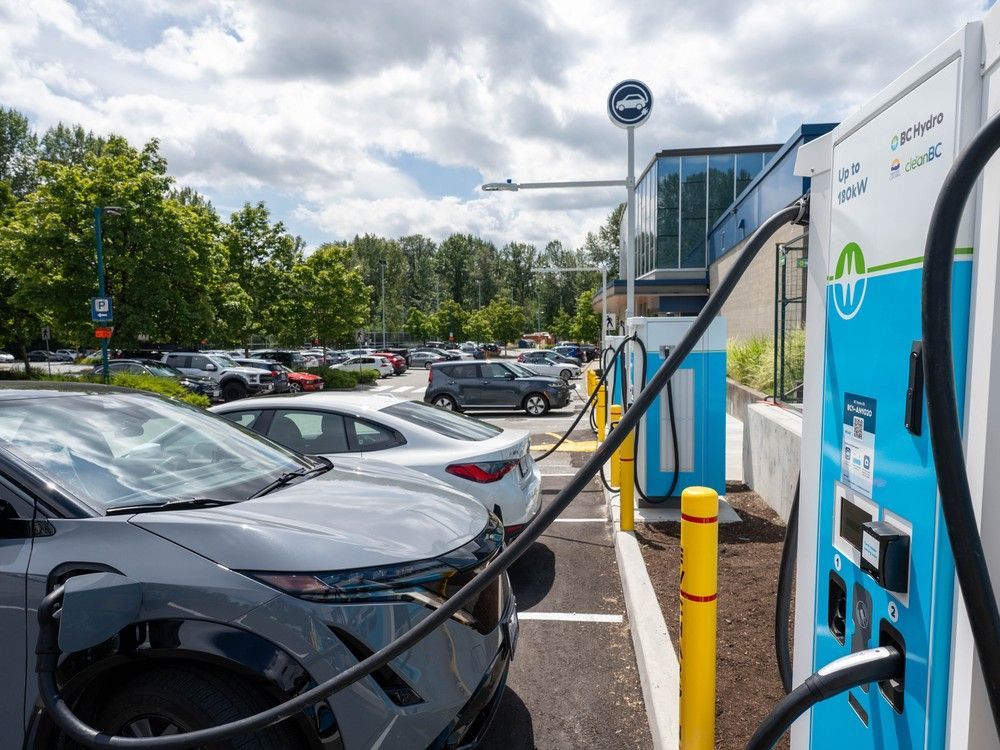In 2024, the average temperature across the contiguous United States reached 55.5°F, marking a significant 3.5°F increase over the 20th-century average. This notable rise underscores the urgent climate challenges facing the nation, as rising temperatures can exacerbate extreme weather events, disrupt ecosystems, and impact public health. The implications of this warming trend extend beyond mere statistics; they pose critical questions about the effectiveness of current climate policies and the need for adaptive strategies. As climate change continues to manifest in tangible ways, understanding these shifts is essential for policymakers, businesses, and communities alike.
The key takeaway from this assessment is the pressing need for comprehensive climate action that addresses both mitigation and adaptation strategies. With temperatures consistently exceeding historical norms, stakeholders must prioritize investments in sustainable infrastructure, renewable energy, and resilience planning. The data serves as a clarion call for a collective response to climate change, emphasizing that proactive measures are not just beneficial but necessary for safeguarding future generations and ensuring environmental stability.








